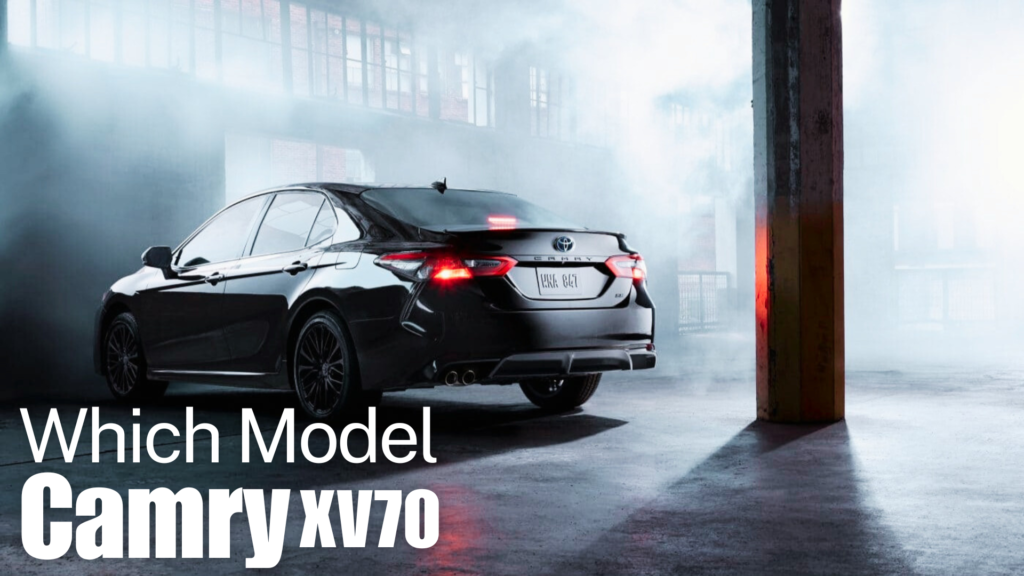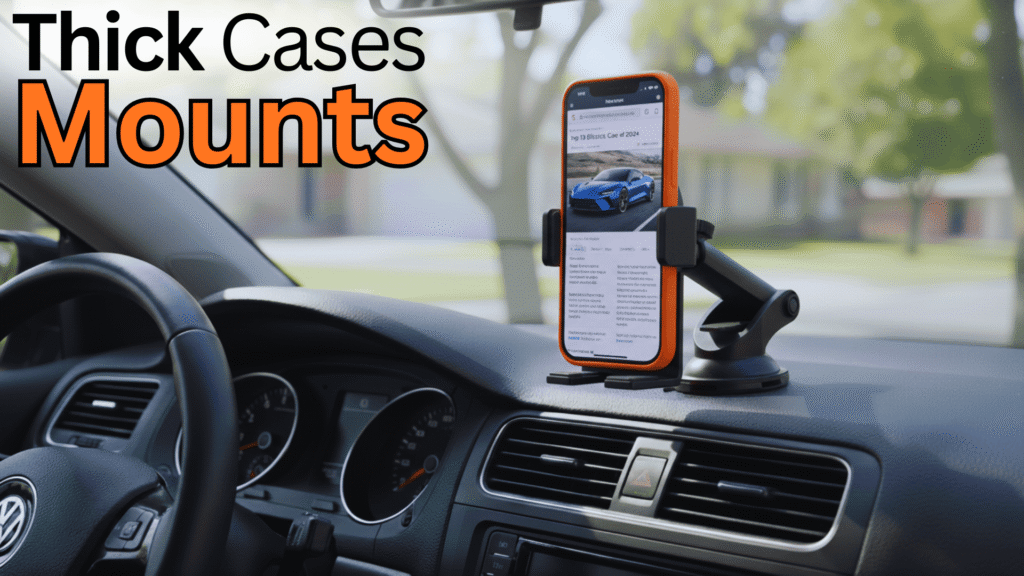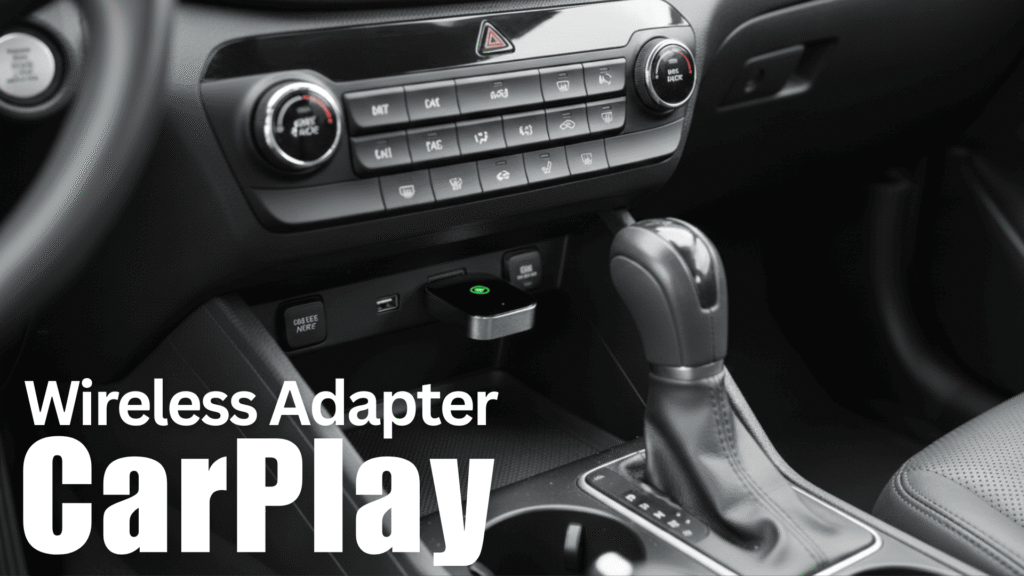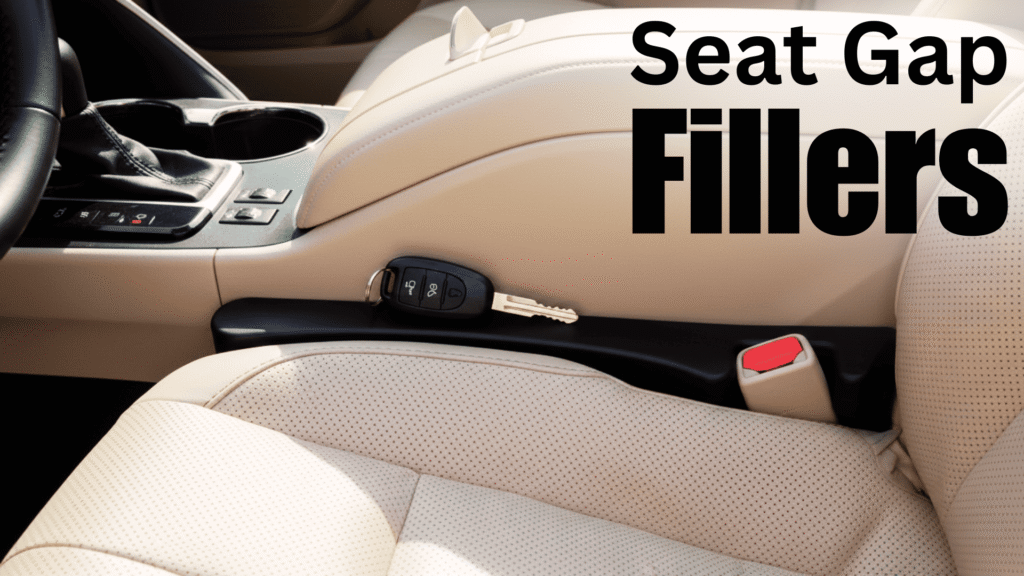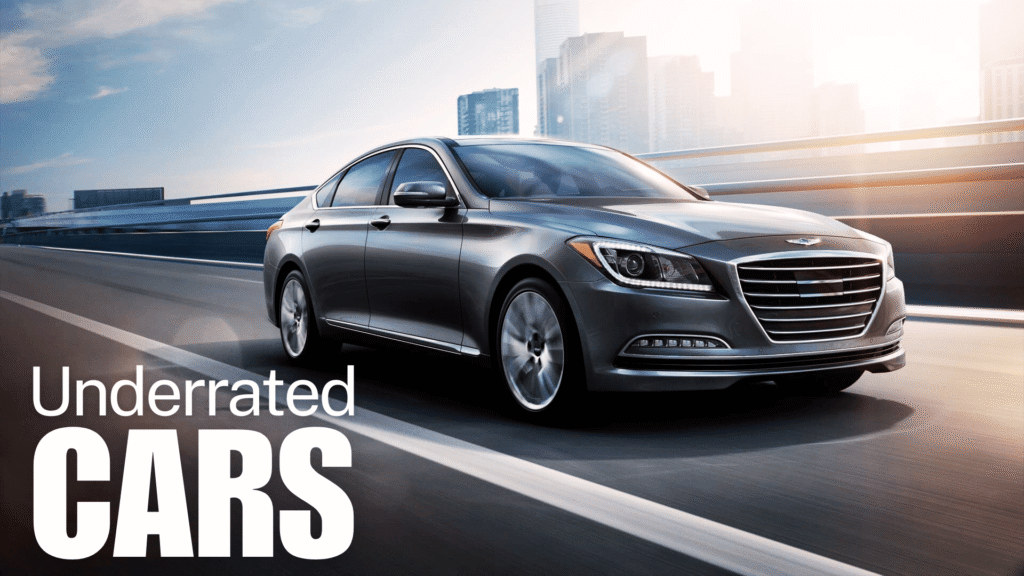French automakers have long been recognized for their design innovation, motorsport success, and technological advancements. The country’s automotive industry is primarily led by Peugeot, Citroën, and Renault, each boasting a distinct legacy and a loyal following. Beyond these mainstream brands, France is also home to performance and boutique automakers like Bugatti, Venturi, PGO, and Alpine.
Determining which of these marques stands out as the “best” is no easy task—it all comes down to individual priorities. Are you drawn to racing heritage, affordability, cutting-edge innovation, or avant-garde design? Let’s break down the strengths and challenges of each to gain a clearer perspective.
Overview of the Brands
Peugeot
Founded in 1810, Peugeot is one of the oldest car manufacturers in the world. Originally a producer of bicycles and coffee mills, it transitioned into the automotive world in the late 19th century. Peugeot is known for its stylish designs and a strong focus on performance and efficiency, and it has garnered a reputation for producing reliable vehicles.
Citroën
Citroën was founded in 1919 and is celebrated for its innovative approach to design and engineering. It was the first mass-producer of a fully galvanized car, which helped prevent rust. Citroën has consistently pushed the boundaries of automotive design with models like the avant-garde Citroën DS of the 1950s, noted for its futuristic aesthetics and technological advancements.
Renault
Founded in 1899, Renault has established itself as a significant player in the automotive world, particularly in Europe. It is known for its broad range of vehicles, from compact cars to light commercial vehicles. Renault has a strong emphasis on safety and innovation, being one of the first to introduce the concept of a compact MPV (Multi-Purpose Vehicle) with the Renault Scénic in the 1990s.
Global Presence and Market Reach
Peugeot
Peugeot has established a strong presence in Europe and has been expanding in other regions, including Africa and parts of Asia. The brand has also made strides in the Chinese market, a key area of growth for the automotive industry. Its participation in various international motorsport events further enhances its global image.
Citroën
Citroën’s primary market remains Europe, where it has carved out a niche for its unique offerings. However, its global presence has waned compared to Peugeot and Renault, leading to varied availability in international markets. The brand’s emphasis on comfort and uniqueness may limit its appeal in certain global regions.
Renault
Renault boasts a solid global presence, with significant sales figures in Europe, Latin America, and parts of Africa and Asia. Its strategic alliances, such as the Renault-Nissan-Mitsubishi Alliance, have expanded its reach and influence in the automotive landscape, enhancing access to new technology and markets.
Below is a comparison table summarizing approximate 2022 global sales data and revenue (in billions of euros). These figures derive from Stellantis (Peugeot, Citroën) and Renault Group reports.
| Brand | Global Sales (2022) | Estimated Revenue (2022) | Major Markets |
|---|---|---|---|
| Peugeot | 1.12 million | €25 billion | Europe, Africa, LATAM, Middle East |
| Citroën | 0.75 million | €15.5 billion | Europe, selective global presence |
| Renault | 1.55 million | €33.7 billion | Europe, Latin America, North Africa |

Key Models and Pricing Strategy
Each brand has a broad portfolio, with certain models standing out as sales leaders or technology flagships. Below is a table highlighting some of the most successful models for each brand, their approximate base price (in euros), and key markets.
| Model | Approx. Base Price | Key Market(s) | Notable Features |
| Peugeot 208 | ~€18,000 | Europe, LATAM | Compact hatch, efficient engines, modern i-Cockpit |
| Peugeot 3008 | ~€30,000 | Europe, Global | Stylish crossover, advanced driver aids |
| Citroën C3 | ~€15,000 | Europe, India, LATAM | Affordable hatch, customizable design, comfort focus |
| Citroën C5 Aircross | ~€27,000 | Europe, Asia | Progressive Hydraulic Cushions, roomy cabin |
| Renault Clio | ~€16,000 | Europe, North Africa | Iconic supermini, advanced infotainment |
| Renault Captur | ~€20,000 | Europe, Latin America | Popular small SUV, available hybrid variants |
Pricing Strategy
- Peugeot typically positions itself as slightly upmarket within the mainstream segment, leveraging design flair and tech features (e.g., i-Cockpit, stylish interiors).
- Citroën focuses on affordability and comfort, employing unique design elements to stand out. Its pricing is often more competitive, appealing to budget-conscious buyers who still want European design.
- Renault balances accessibility with technological innovation. Models like the Clio and Captur target urban buyers seeking modern amenities, while the brand also champions EVs, such as the Renault Zoe.
Motorsport Heritage and Technological Achievements
Peugeot
- Le Mans and Dakar Dominance: Peugeot has multiple 24 Hours of Le Mans victories (notably with the Peugeot 905 and 908 HDi FAP) and has excelled in the Dakar Rally, showcasing the durability of its diesel engines and off-road engineering.
- WRC Success: The Peugeot 205 T16 remains a rally legend, having clinched multiple titles in the Group B era.
- Technological Innovations: Advanced HDi diesel engines, pioneering particulate filters, and the famed i-Cockpit design.
Citroën
- WRC Dominance with Sébastien Loeb: The Citroën Xsara WRC, C4 WRC, and DS3 WRC earned the brand numerous World Rally Championships, demonstrating engineering prowess.
- Iconic Suspension Systems: Known for its hydropneumatic suspension (introduced on the legendary DS) and later variants, Citroën has consistently pushed comfort boundaries.
- Design Innovations: The original Citroën DS was hailed as a masterpiece of automotive design and technology. More recently, the brand emphasizes comfort, with features like the Progressive Hydraulic Cushions.
Renault
- Formula 1 Excellence: Renault engines have powered multiple F1 titles for teams like Williams and Red Bull Racing, showcasing engineering at the highest level. The Renault RS divisions continue to develop performance-oriented technologies.
- Turbocharging Pioneer: Renault was among the first to adopt turbo engines in Formula 1, laying the groundwork for modern turbocharging strategies.
- E-Tech Hybrid Systems: Leveraging lessons from Formula 1 and EVs, Renault’s E-Tech hybrid and electric powertrains (like in the Clio E-Tech or Captur E-Tech) offer efficient yet spirited performance.
Technical Focus: Why These Brands Matter
Engine Innovation
- Peugeot: Known for robust diesel engines (HDi, BlueHDi), advanced efficiency, and low emissions.
- Citroën: Renowned for balancing performance with comfort, focusing on smooth torque delivery in their diesel and gasoline powerplants.
- Renault: Turbocharging leadership and recent strides in hybridization, bridging affordable EV tech from the Zoe to mass-market segments.
Platform Sharing and Alliances
- Peugeot & Citroën share platforms under Stellantis, allowing cost savings and technology cross-pollination (e.g., EMP2 platform for the 308, 3008, C5 Aircross).
- Renault partners with Nissan and Mitsubishi, sharing platforms like CMF for the Clio and Captur, boosting global competitiveness.
Global Reach
- Biggest Markets:
- Peugeot: Strong presence in Europe, expanding in Latin America (notably Brazil and Argentina) and the Middle East.
- Citroën: Concentrated in Europe, exploring growth in India and Southeast Asia with region-specific models.
- Renault: Dominate in France, strong footprint in South America (especially Brazil), and stepping up in North Africa.
Final Verdict: Which French Brand is Best?
Each brand has its unique strengths and target audiences:
- Peugeot: A blend of performance (especially in diesel), stylish design, and mid-range pricing. Ideal for those who appreciate a refined driving experience with a mild premium edge.
- Citroën: A champion of comfort and quirky design. If ride quality, affordability, and distinctive aesthetics top your list, Citroën offers compelling choices.
- Renault: Broad product range, leading EV and hybrid technology, and a history of motorsport innovation. Perfect for buyers wanting accessible yet advanced mobility solutions.
Ultimately, “best” depends on personal preferences. Enthusiasts seeking classic rally pedigree may favor Citroën or Peugeot, while those eyeing modern hybrids or EVs might prefer Renault. Regardless, these French automakers continue to shape the industry with innovation, flair, and a deep-rooted passion for cars.
If you’re curious about why you don’t see French cars in the USA, check out this article titled “Why Are French Car Brands Not Sold in the US Automotive Market? Expert Insight.” It’s a good read. While you’re here, feel free to explore our site for detailed car reviews, helpful buying tips, and the latest news on the auto industry. Don’t forget to save our homepage for updates in the future!
- Best Car Interior Cleaning Kits: Make Your Cabin Look New
- Which XV70 Camry Year Should You Buy? A Tested Guide
- Magnetic Phone Mounts & Mounts for Thick Cases: That Actually Work!
- Best Wireless CarPlay Adapters for Older Cars
- Best Seat Gap Fillers for Leather Seats
- The Most Underrated Cars — Hidden Gems You Should Actually Consider
*Disclaimer: This website provides automotive content for informational purposes only and should not be considered professional advice. While we strive for accuracy, we do not guarantee the reliability or suitability of any vehicle or product mentioned—always conduct your own research before making purchasing decisions. Additionally, some links on this site are affiliate links, meaning we may earn a commission if you make a purchase, at no extra cost to you.



